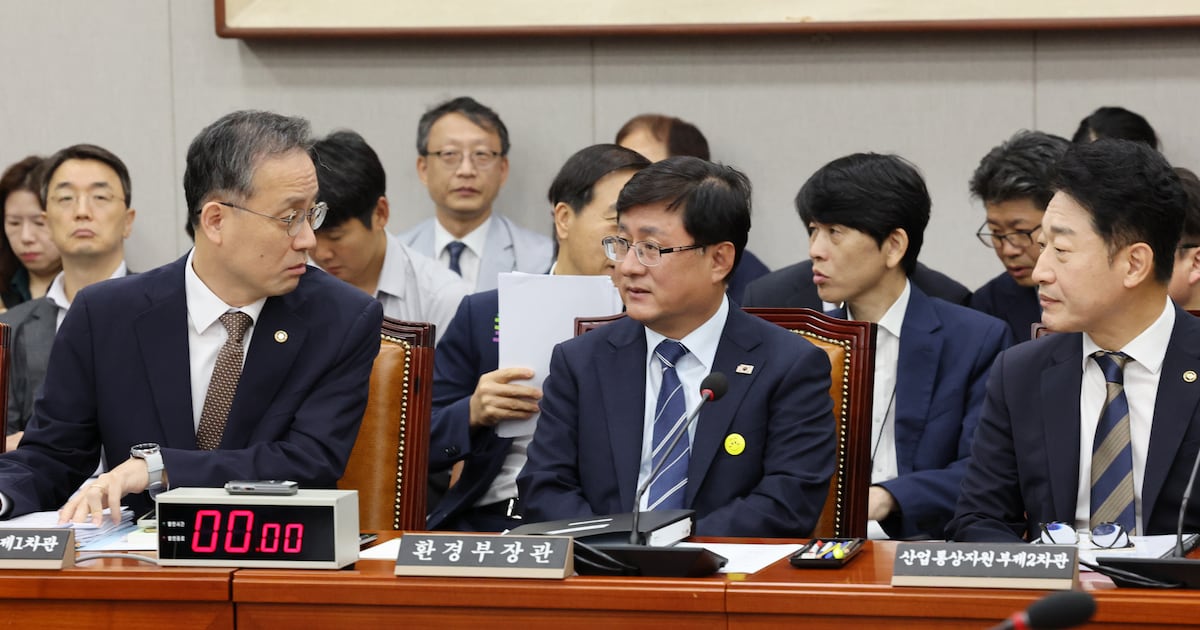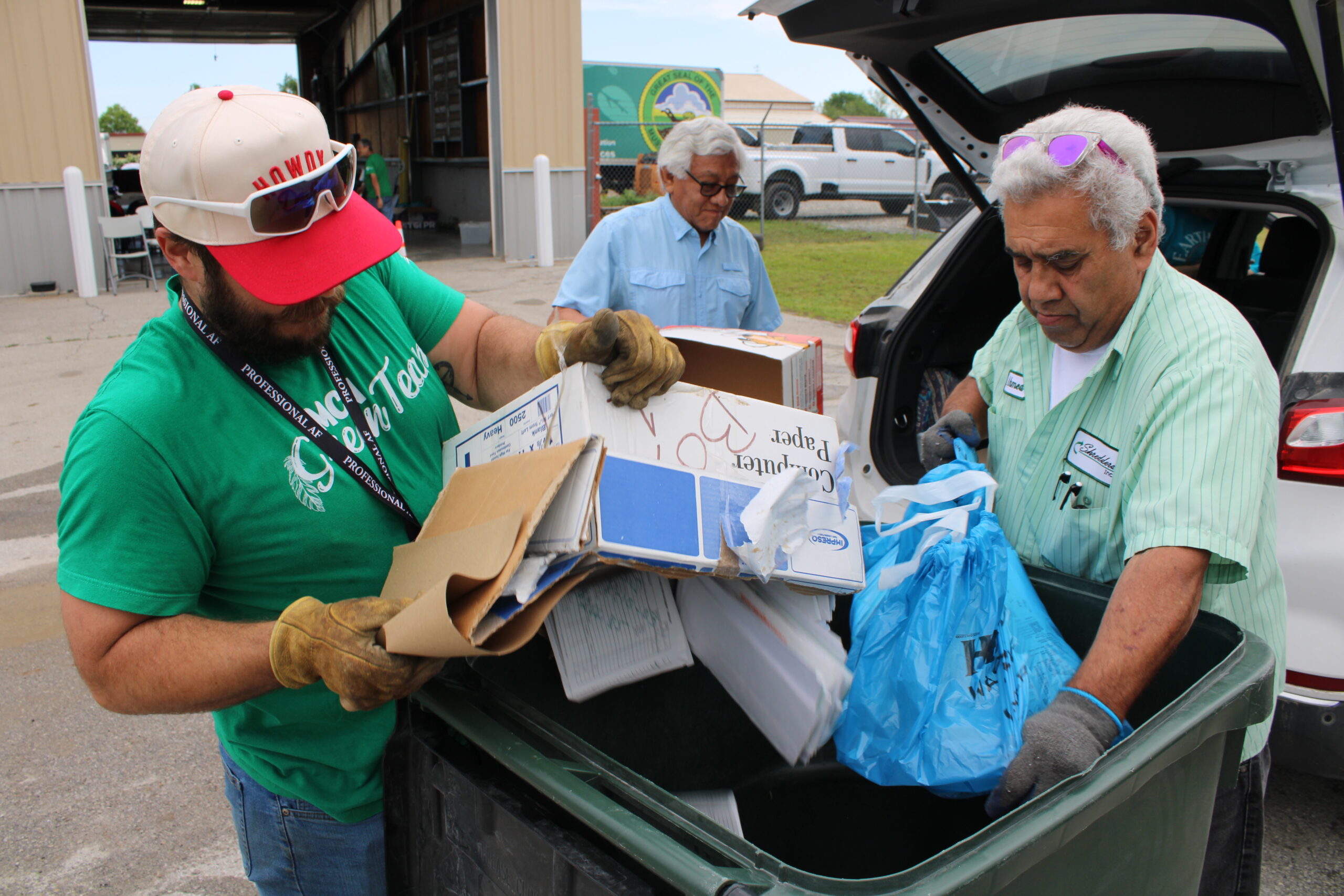Climate Showdown: Environment Ministry's Bold 60% Emissions Slash Sparks Nationwide Debate

In a bold move that has sparked intense debate, the Ministry of Environment has proposed an ambitious 60% reduction in greenhouse gas emissions by 2035, setting the stage for a potential climate policy showdown. The proposed target, while lauded by environmental activists, has drawn sharp criticism from industry leaders and technology experts who argue that such an aggressive goal may be economically challenging and technologically unfeasible.
Insiders suggest that the final emissions reduction target is likely to be negotiated down to around 50%, reflecting a compromise between environmental aspirations and practical economic considerations. The proposal has ignited a passionate discussion about the balance between environmental protection and industrial sustainability.
Critics argue that the 60% cut represents an unrealistic benchmark, pointing to the significant technological and infrastructural transformations required to achieve such a dramatic reduction. Industry representatives have raised concerns about the potential economic impact, warning of potential job losses and increased production costs.
Despite the pushback, environmental advocates continue to champion the ambitious target, arguing that bold action is necessary to combat climate change effectively. The ministry remains committed to driving meaningful progress in emissions reduction, even as it navigates the complex landscape of technological capabilities and economic constraints.
As negotiations continue, stakeholders from various sectors are closely watching the developments, anticipating a potential compromise that balances environmental urgency with economic pragmatism.








